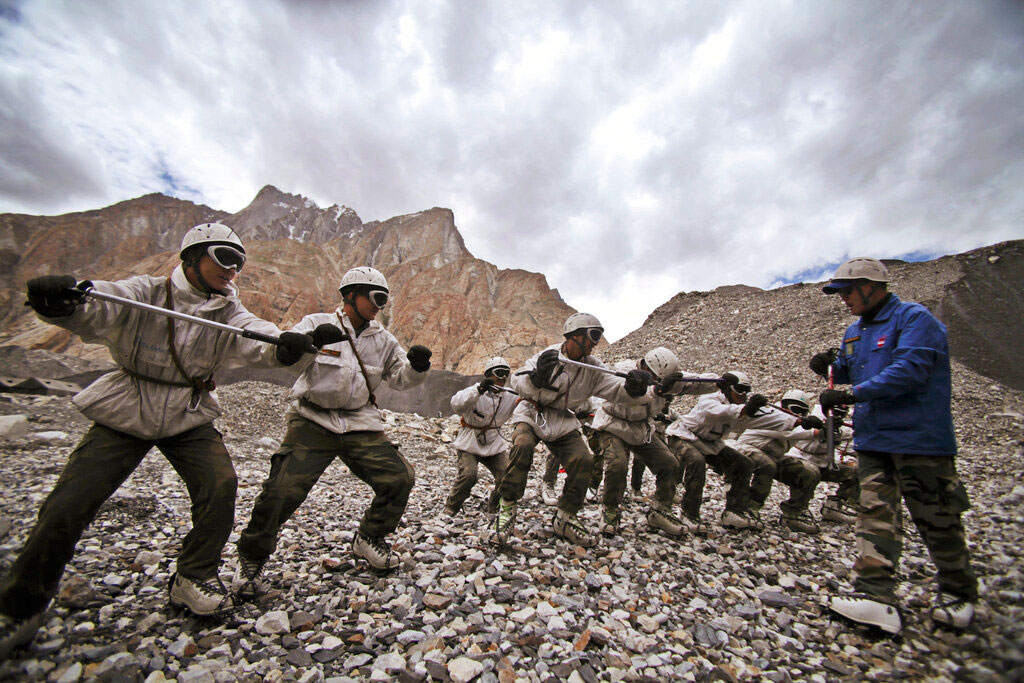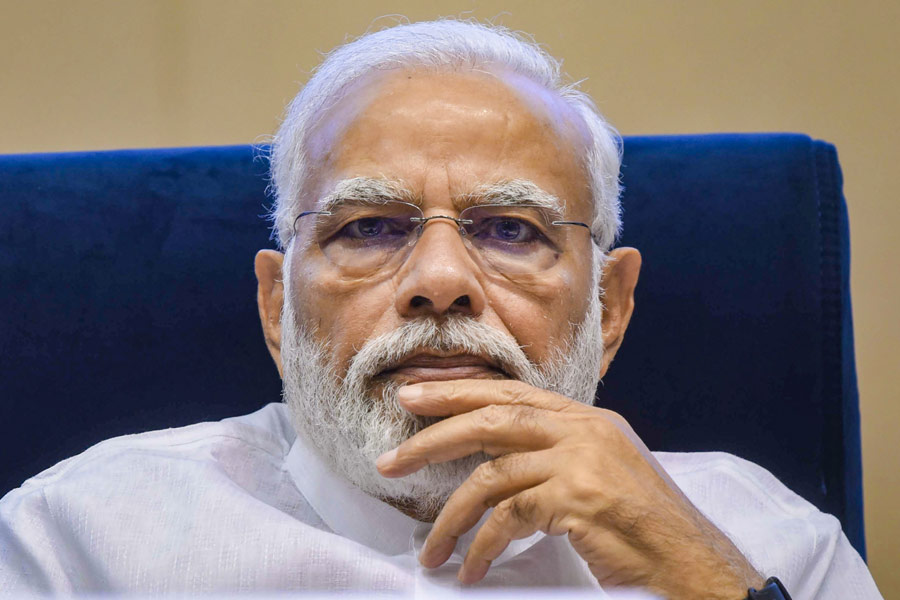A move that achieves more than one goal must be welcomed. The army is considering a three-year ‘internship’ for young people who do not want a military career but would like to experience its adventure for a time. An internal note spells out the proposal, suggesting a voluntary, not compulsory, tour of duty; a spokesperson of the army has said, however, that the requirements for recruitment will not be relaxed. Such a move would save a lot of money. The Indian army is today the third biggest spender in the world, having reached that status after its expenditure grew by 6.8 per cent in 2019. The spending includes salaries and benefits together with operational expenses, equipment, research, construction and so on. Even for short service officers who remain in the army for 10 to 14 years, the army spends between five to just below seven crore rupees, while for three-year interns, the expenditure would be less than a crore. The economics makes sense, while internship would not be conscription.
What is a little disconcerting, however, is the way the ground is laid for the proposal and the goals implicit in it. Since the note remarks on the unemployment in the country — this is an unusual subject for the military, surely? — it seems to be implied that the internship would offer a brief solution. It is also proposed that to attract interns their pay be made tax-free, and an advantage given to them when they apply for jobs or higher studies when their military stint is over. It would seem that the army is now free to suggest policy. In such a situation, since entry criteria will not be relaxed, only those that the military finds fit for internship would have an advantage over all others, including failed volunteers, when they enter civil life. The proposal has also remarked on the resurgence of the spirit of nationalism and patriotism in the country — no doubt the reigning dispensation has succeeded in creating the environment it believes to be ideal. This context establishes the idea of channelling youthful energy positively through internship and producing disciplined and committed individuals whom corporate entities would prefer as employees and who would build up a healthy citizenry. Why do the army’s goals in its mint-new proposal sound familiar?










